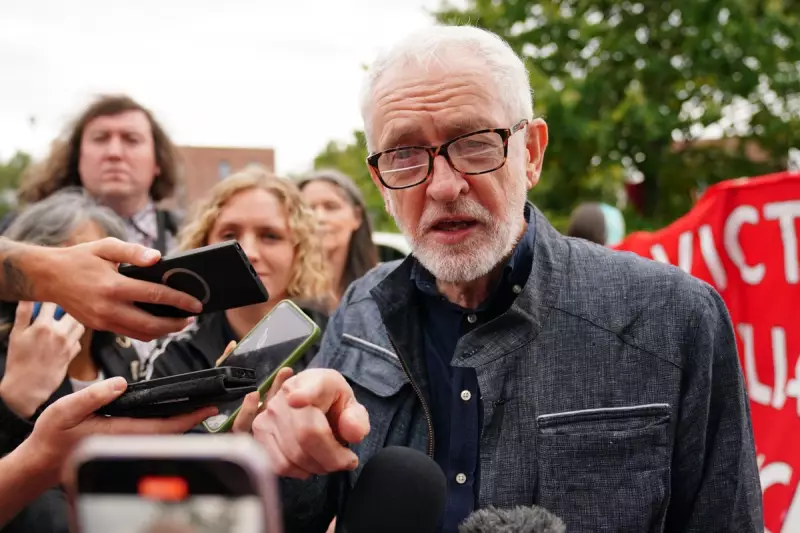
In a candid and revealing interview, former Scottish First Minister Nicola Sturgeon has delivered a damning verdict on Jeremy Corbyn's tenure as Labour leader, asserting that his presence at the helm would have been catastrophic for the party's fortunes in Scotland.
Speaking at a live event in Glasgow, the SNP stalwart pulled no punches, stating unequivocally that Scottish voters would have rejected a Labour party under Mr. Corbyn's leadership. This stark assessment highlights the deep and enduring rift between the Labour party and its former Scottish heartlands.
A Barrier to Progressive Cooperation
Ms. Sturgeon expanded on her criticism, suggesting that Mr. Corbyn's stance was a significant obstacle to forming a potent progressive alliance. She revealed that during the 2017 general election campaign, she had proposed a plan for coordinated action between the SNP and Labour.
The core of this proposal was a simple quid pro quo: in constituencies where the SNP was best placed to defeat the Conservatives, Labour would stand aside. Conversely, the SNP would reciprocate in seats where Labour was the main challenger to the Tories.
"He wouldn't even consider it," Sturgeon revealed, characterizing Corbyn's response as a flat refusal to engage with the pragmatic strategy. This rejection, she argues, safeguarded Conservative seats and ultimately prevented a more effective challenge to Tory dominance.
The Enduring Divide
This public airing of grievances underscores the fundamental strategic disagreement that has long existed between the SNP and the Labour leadership. The incident in Glasgow is more than just a historical footnote; it serves as a potent symbol of the fractured state of the UK's centre-left political forces.
Sturgeon's comments suggest that Corbyn's leadership was perceived not just as an electoral liability, but as an active impediment to the kind of cross-party cooperation needed to defeat Conservatism. Her remarks are likely to fuel ongoing debates within Labour about its strategy and relationship with other parties in the union.





